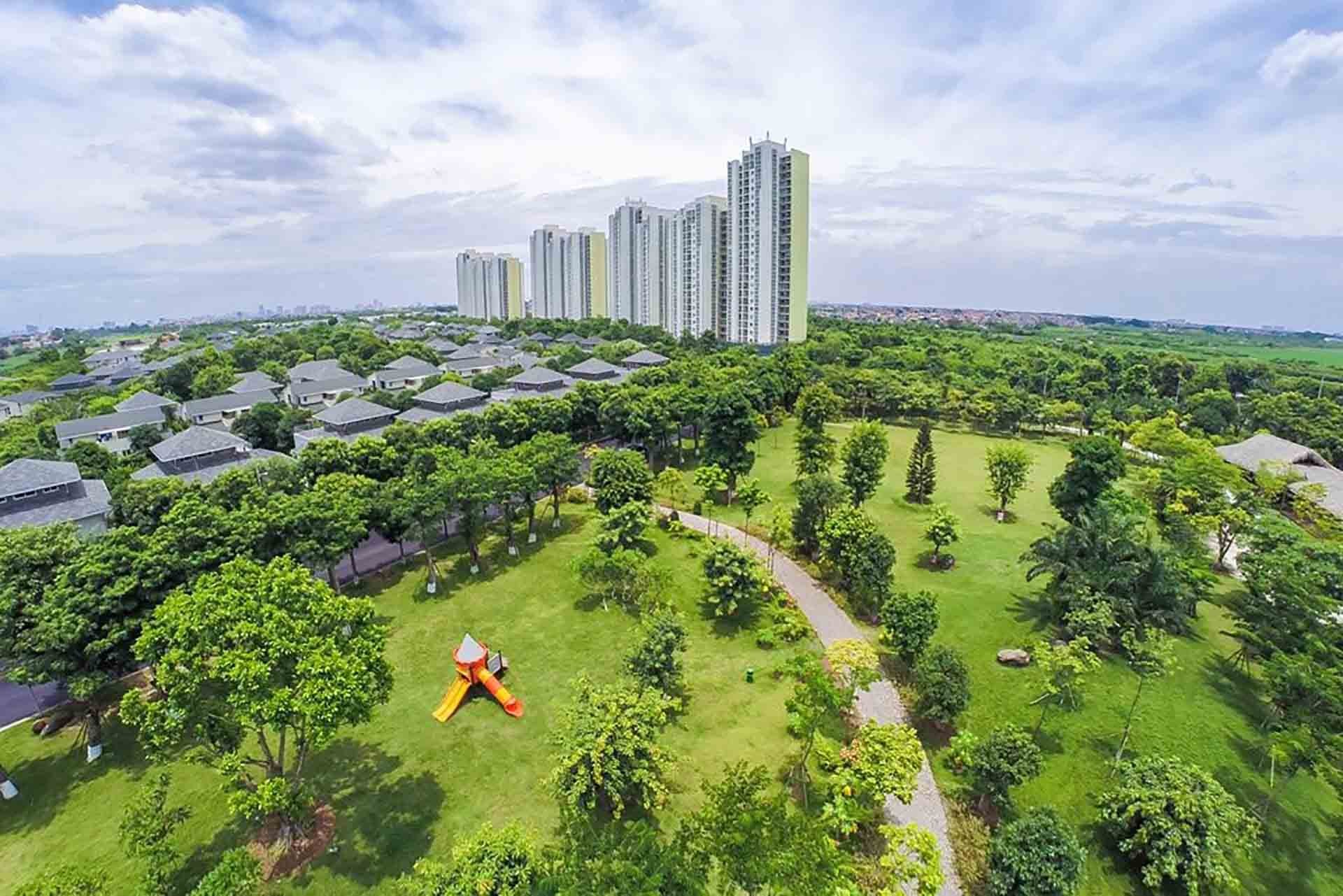
What will Vietnam do to meet net zero emissions commitment?
Latest
 |
| Leaders of numerous State management agencies and experts have outlined specific actions Vietnam should take to fulfil its net zero commitment. (Photo: VGP News) |
Responsible and sustainable agriculture viewed as a must
Minister of Agriculture and Rural Development Le Minh Hoan, in a recent interview granted to Nguoi Lao Dong (Labourer) newspaper, said that the domestic agricultural sector faces major internal and external challenges, such as climate change, market fluctuations, and consumption trends, thereby requiring changes towards a green and sustainable agriculture.
Under the sustainable agricultural and rural development strategy for the 2021 - 2030 period with a vision towards 2050, Vietnam prioritises promoting agricultural restructuring, moving towards green values created from green transformation, green consumption, and a green economy.
Over the past two years, the Minister said the Ministry of Agriculture and Rural Development has developed and issued a plan aimed at reducing greenhouse gas emissions for the 2021 - to 2030 period with a vision ahead to 2050, and a plan to implement the Glasgow Leaders’ Declaration on Forests and Land Use. It is implementing the Emissions Reduction Purchase Agreement (ERPA) for forests in the northcentral region, along with negotiating with partners to deploy the agreement for forests in the Central Highlands and southcentral regions.
Most notably, for the first time, Vietnam successfully sold 10.3 million forestry carbon credits (10.3 million tonnes of carbon dioxide CO₂) last year, thereby bringing in 51.5 million USD. It is now undertaking a project to develop one million ha of high-quality and low-emissions rice cultivation areas.
Priority given to climate change response
Climate change response, natural resource management, and environmental protection are of paramount importance to national sustainable development, stated Nguyen Duy Hung, deputy head of the Party Central Committee’s Economic Commission.
Vietnam is one of the countries which is heavily impacted by climate change. According to the most recent scenario, the average temperature in the country will probably climb to about 30 degrees Celsius, whilst the sea level will probably rise by about 0.6 to one metre by the end of the 21st century. Climate change will also shift climate zones and cause more natural disasters to occur such as storms, floods, flash floods, landslides, droughts, and saltwater intrusion.
The 13th National Party Congress offered consistent views on climate change response, resource management, and environmental protection. Efforts should be made in order to proactively monitor and effectively respond to climate change; develop the green, low-carbon economy; reduce greenhouse gas emissions; and strictly manage and effectively use natural resources, along with harmoniously solving the relationship between economic development and environmental protection.
Hung suggested that this process should be closely linked to digital transformation and innovation, as well as the application of Industry 4.0 technology gains. In addition, it can be viewed as necessary to prioritise investment in climate change response and environmental protection, viewing it as an investment in sustainable development, while developing and using renewable energy, and environmentally friendly materials.
Green exports to be encouraged
Green growth and green exports are becoming global trends, thus forming new rules in terms of the game on trade and investment, according to Vu Ba Phu, head of the Trade Promotion Agency under the Ministry of Industry and Trade.
Stricter regulations and standards related to green factors are gradually being legislated in major Vietnamese export markets, including the Green Deal of the EU. Amid this context, Vietnam has no choice but to play by the rule, by changing its thinking and paying closer attention to green requirements of the international trade production and supply chain.
However, Phu admitted that limited capacity remains a major barrier to businesses, making the conversion to green production even longer. The Ministry of Industry and Trade is therefore coordinating alongside ministries, agencies, and trade offices abroad in order to quickly provide businesses with new information and help them to meet all of the requirements of markets. It is also equipping businesses with knowledge and skills relating to green transformation, green production, and green exports.
No green conversion, no export orders
It can be viewed as an inevitable trend that businesses must invest in green and sustainable development in order to get orders, said Vu Duc Giang, chairman of the Vietnam Textile & Apparel Association (VITAS).
Giang pointed out that large corporations with full financial capacity, human resources, and stable markets have already invested in manufacturing green and sustainable products. Medium-sized businesses can work alongside large ones in order to implement this development strategy. However, there are still many small businesses that do not have the conditions for green transformation due to limited financial capacity and an ability to meet evaluation standards.
In order to survive, he said businesses must comply with the terms of free trade agreements, commercial contracts, and the criteria set by importers regarding recycled product lines and chain links. To this end, businesses must have finance for investment, while the State must develop smooth policies, thereby creating conditions for businesses to keep up with trends.

















